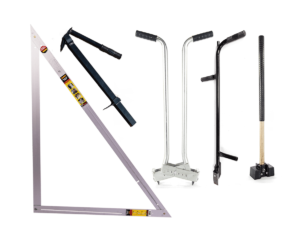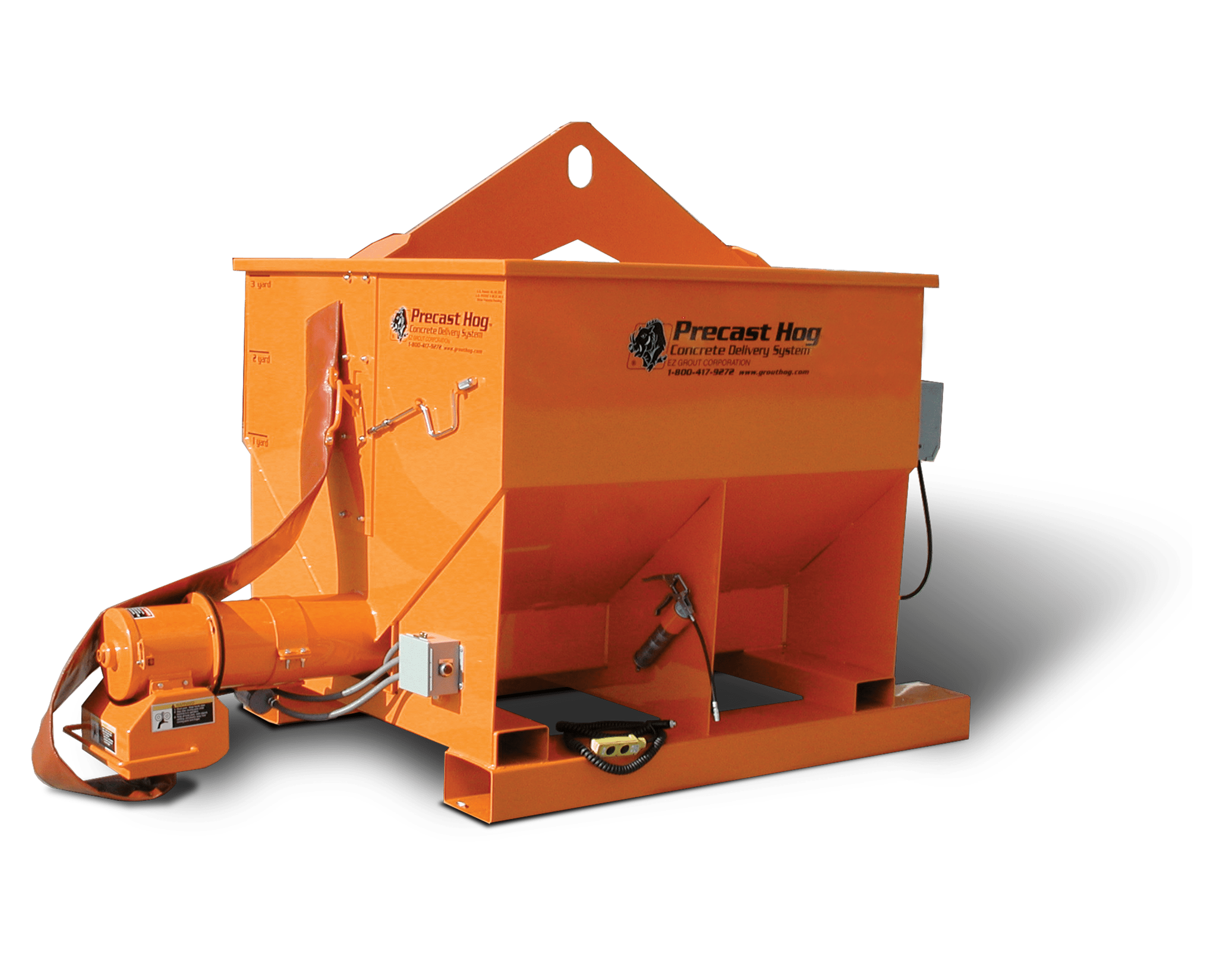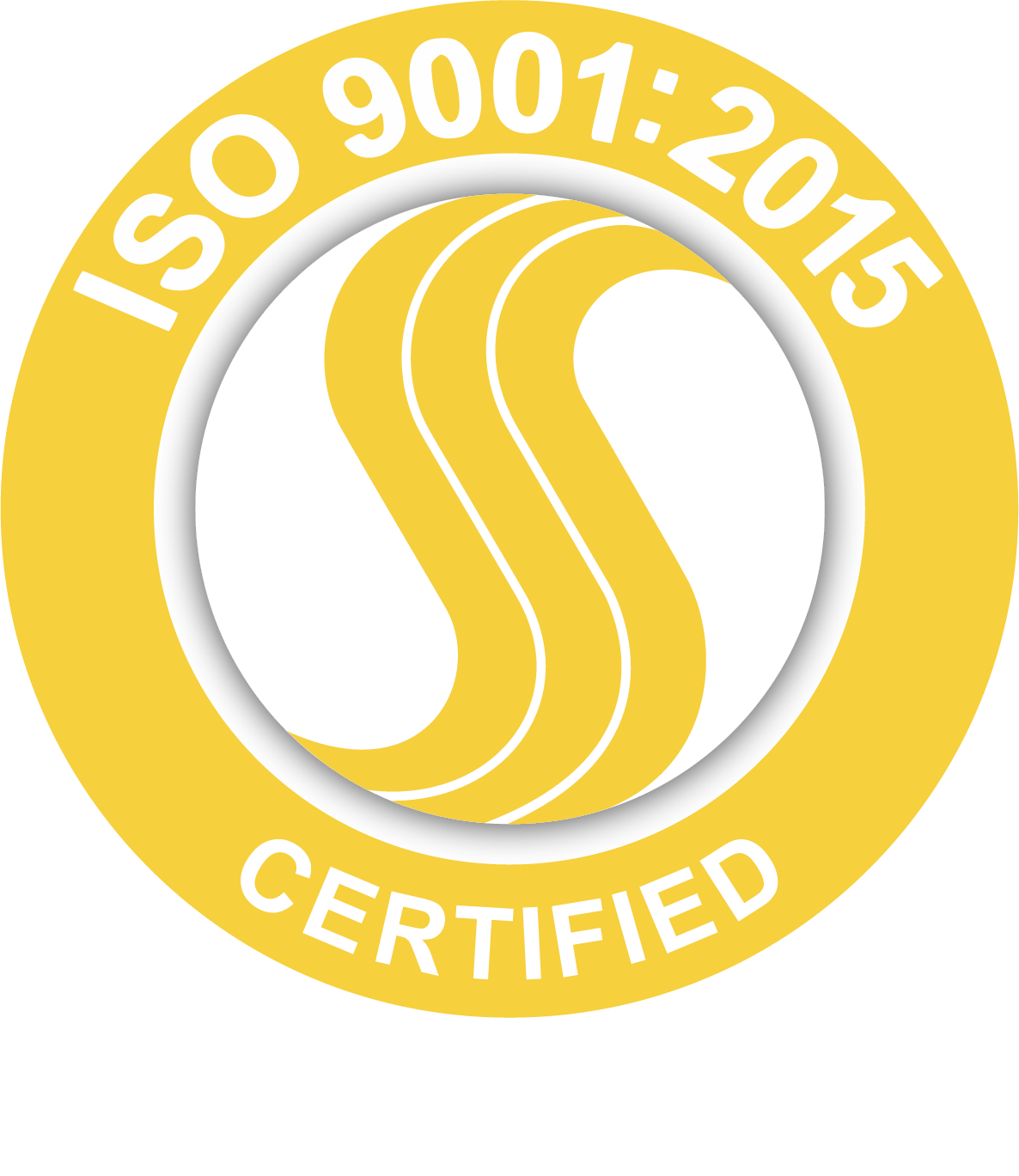Money plays a crucial role in our lives. It allows us to experience joy and comfort, whether it is through vacations, good food, or living in a nice home. Having experienced both wealth and financial struggle, I can confidently say that having money is better. But, managing money effectively and sustaining wealth requires strategy.
A Positive Mindset on Financial Struggles
When I faced financial struggles, I never labeled myself as poor. Instead, I said I was broke. Being poor is a state of mind, whereas being broke is merely a temporary situation. This distinction helped me focus on improving my circumstances with a positive mindset. But remember, wealth also comes with its own set of challenges. Once you acquire it, you need to figure out how to keep it.
Managing money effectively involves making informed financial decisions, understanding debt, monitoring cash flow, tracking expenses, investing, and budgeting. To maintain and grow your wealth, it is essential to provide value to others. Helping people and offering something useful will make them willing to pay for your services or products. The bottom line is that your service to others will reflect your long-term wealth.
Your Worth as a Human Being
Many people feel their income does not match their value. However, compensation eventually aligns with worth. To advance, your value must exceed your pay.
Here is how you can increase your value and, in turn, your compensation. Think of yourself as a business entity responsible for success. You earn money through your work and services, which can be used to buy goods and services. Your earnings depend on demand, skill, and replaceability. With family members as your stakeholders, your duty is to increase their value. Manage finance, production, sales, and research. Finance supports production, enabling sales, while research keeps us competitive. Neglecting any function can harm the business.
Setting and Achieving Financial Goals
People often fail to achieve financial goals simply because they never establish them in the first place. Benjamin Franklin once said, “The way to wealth is to either increase your means or reduce your wants. Either will do.” The point is to prioritize growing your money. It is not about where you are now, but where you want to be.
My Recommendations on How to Get Started
Decide your earning goals. For over 25 years, I have kept a card in my wallet stating my yearly earnings goal, investment targets, and net worth by age 50, now adjusted to 60. This card serves as a constant reminder of where I want to be financially and on what date.
Write down the exact amount you want to earn. Consider your comfortable living needs. Set financial goals for income, savings, and retirement. Dedicate time daily to improve your service. Remember, money is a result of the value you provide and a tool for a better life, not an object of power.
Enhance your skills and improve your services. Invest in yourself by finding a mentor or observing successful peers until you reach your desired income level. Sacrifices may be necessary; for instance, I rarely watch TV and instead focus on work, self-improvement, reading, or working with a coach. Spending quality time with my wife Rachelle and family is also more important to me than watching TV (sorry, advertising executives!).
Additionally, support others while building wealth. Do not delay this step out of greed—true success includes helping others succeed and creating value beyond financial wealth.
Evaluate and Celebrate Your Success
If you follow this strategy, you will reach your income goal. Once you do, take time to acknowledge and enjoy your accomplishment. After all, you earned it. Do not simply assess your financial success; consider those lives you impacted along the way. Take stock of the opportunities you made possible for those around you. With each person you have helped, you will be amazed at how far-reaching that impact is felt.
The Cycle of Growth
Your success will inspire you to set another goal and repeat the process. The cycle of growth never stops. To increase your income, focus on enhancing your value. Identify your financial needs and set objectives for income, savings, and retirement. Observe successful peers and apply their methods to improve your service to others. Utilize your time to focus on your future. All that time you spend in front of the TV or mindlessly staring at your smartphone can be better invested in self-improvement and sharpening your skills.
You can address financial challenges with a productive mindset. Use your time wisely to study and make significant progress. Achieving financial success involves growth, service, and responsibility. Set clear goals, continuously improve, and assist others. Remember that wealth is more than just a big number with a dollar sign in front of it. Wealth is derived from the value you provide and the lives you touch. Always keep pushing forward, and one day you may discover that the journey to wealth is just as rewarding as wealth itself.


















































